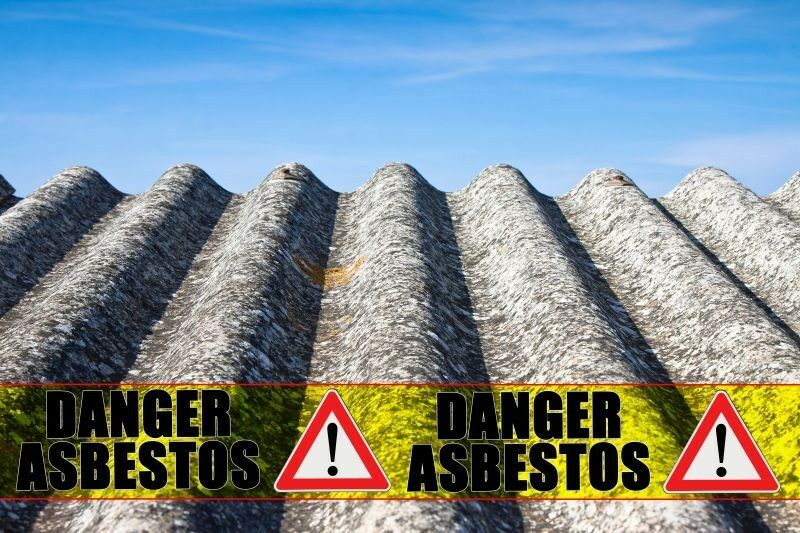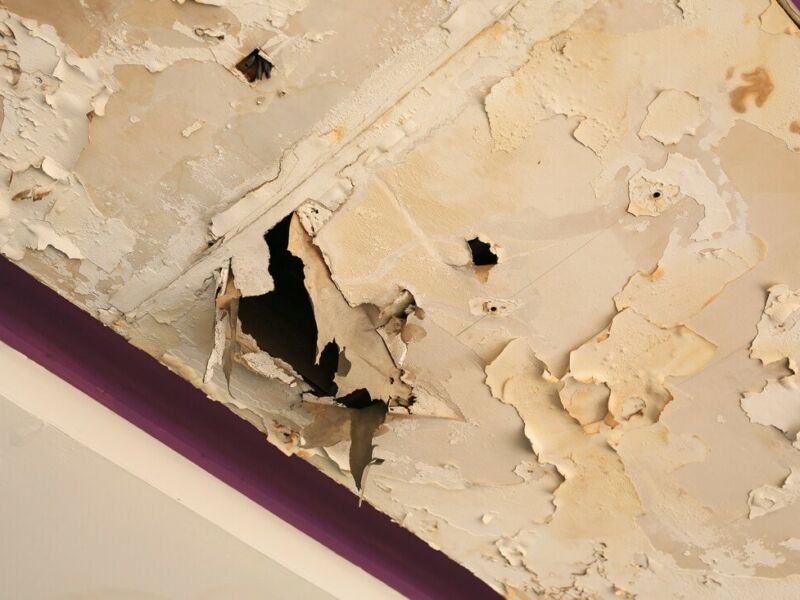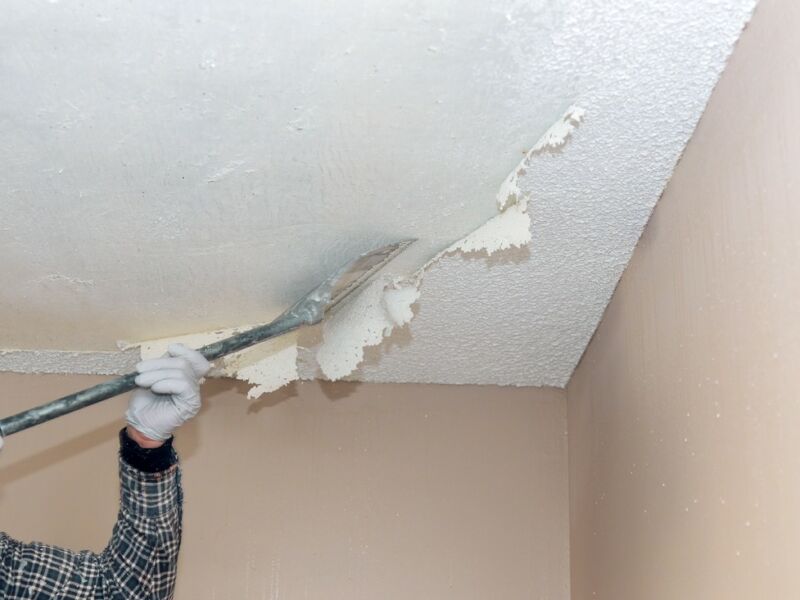
Introduction
Water damage can cause significant harm to your home and belongings, especially during storms and heavy rains. It is crucial to take preventive measures to protect your property and minimize the risk of water damage. This article provides comprehensive tips and techniques to help you prevent water damage during storms and heavy rains.
Understanding Water Damage

Water damage refers to the destruction or loss caused by the intrusion of water into structures, resulting in rotting, rusting, and a host of other unfavorable conditions. It can occur in various forms, such as leaks from roofs or pipes, floods caused by heavy rain, or even plumbing failures.
Types of Water Damage
1. Flood Damage: Flood damage occurs when excessive water enters your property, usually due to heavy rain, hurricanes, or natural disasters.
2. Plumbing Failures: Plumbing failures, such as burst pipes or faulty appliances, can result in significant water damage if not addressed promptly.
3. Roof Leaks: Roof leaks are a common cause of water damage, with damaged or improperly installed roofs allowing water to seep into your home.
4. Mold Growth: Water damage can lead to mold growth, which not only damages your property but also poses health risks.
Preventing Water Damage
1. Maintain Your Gutters and Downspouts

Regularly clean and inspect your gutters and downspouts to ensure that they are free from debris and properly functioning. This prevents water from overflowing and causing damage to your home’s foundation and walls.
2. Install and Maintain Proper Drainage Systems
Create a slope away from your home’s foundation and install drains and French drains to divert water away from your property during heavy rains. Regularly inspect and maintain these systems to ensure their effectiveness.
3. Seal Cracks and Holes
Inspect your home for any cracks or holes in the foundation, walls, or roof and seal them immediately. This prevents water from seeping into your home during storms or heavy rains.
4. Install Sump Pumps
Consider installing sump pumps in your basement or crawl space to remove excess water and prevent flooding. Regularly inspect and maintain these pumps to ensure their proper functioning.
5. Maintain Your Roof
Regularly inspect your roof for any damage, missing shingles, or signs of wear and tear. Repair or replace damaged areas promptly to prevent water from leaking into your home during storms.
6. Properly Grade Your Yard
Ensure that your yard is properly graded to direct water away from your home’s foundation. This helps prevent water accumulation around your property, reducing the risk of water damage.
7. Install Flood Barriers
If you live in an area prone to flooding, consider installing flood barriers or flood shields to prevent water from entering your home. These barriers can be temporary or permanent, depending on your needs.
8. Regularly Inspect Plumbing Systems
Regularly inspect your plumbing systems, including pipes, fittings, and appliances, for any leaks or signs of damage. Promptly repair or replace any faulty components to prevent water damage.
9. Maintain Proper Ventilation and Insulation
Ensure that your home is properly ventilated and insulated to prevent moisture buildup. Proper ventilation helps reduce the risk of condensation and mold growth, while insulation protects against temperature fluctuations.
What to Do If Water Damage Occurs
In the unfortunate event of water damage occurring despite your preventive measures, it is essential to take immediate action. Here are some steps you can take:
1. Safety First
Prioritize your safety and the safety of your family members. Turn off the electricity and gas supply to avoid electrical shocks or gas leaks.
2. Document the Damage
Take photographs or videos of the water damage for insurance purposes. This documentation will help with the claims process later on.
3. Remove Water and Damp Items
Use pumps, wet-dry vacuums, or buckets to remove standing water. Additionally, remove any damp items, such as furniture, carpets, and rugs, to prevent further damage and mold growth.
4. Dry and Dehumidify
Use fans, dehumidifiers, and open windows to dry out the affected areas. Proper drying is crucial in preventing mold growth.
5. Contact a Professional Water Damage Restoration Service
If the water damage is extensive or if you are unsure about how to proceed, it is advisable to contact a professional water damage restoration service, such as JGW Group Water Damage Restoration Las Vegas. They have the expertise and equipment to handle water damage effectively.
Frequently Asked Questions (FAQ)
How can I prevent water damage during storms?
What should I do if water damage occurs despite my preventive measures?
Important Facts and Statistics about Water Damage
- 10% of households will waste over 90 gallons of water each day through minor leaks and drips. Fixing these drips can represent an average of 10% savings on your water bill. – src: Water Damage Restoration Collection Articles
- Homes in the United States leak over one trillion gallons of water every year. – src: Best Water Damage Restoration Services of 2023
- Water damage affects around 14,000 people in the U.S. On a percentage basis, this translates to 1.6% of homes nationwide that will experience water damage in any given year. – src: Water Damage Statistics (2023) – RubyHome.com
In conclusion, preventing water damage during storms and heavy rains is crucial to protect your home and belongings. By following the preventive measures outlined in this article and taking immediate action if water damage occurs, you can minimize the risk and impact of water damage on your property.
Contact JGW Group Water Damage Restoration Las Vegas at 725-240-0640 or visit their website here for professional water damage restoration services.



